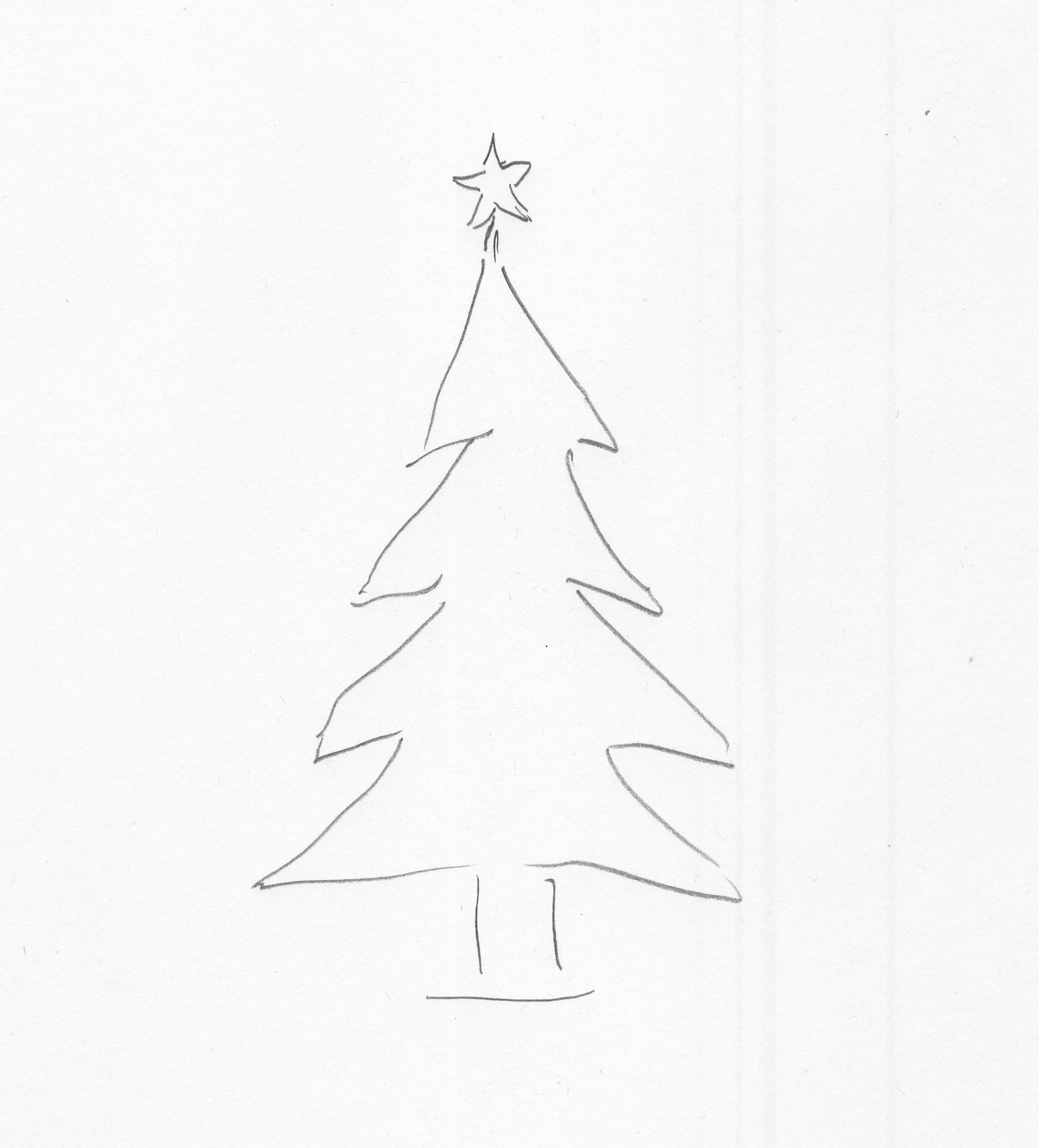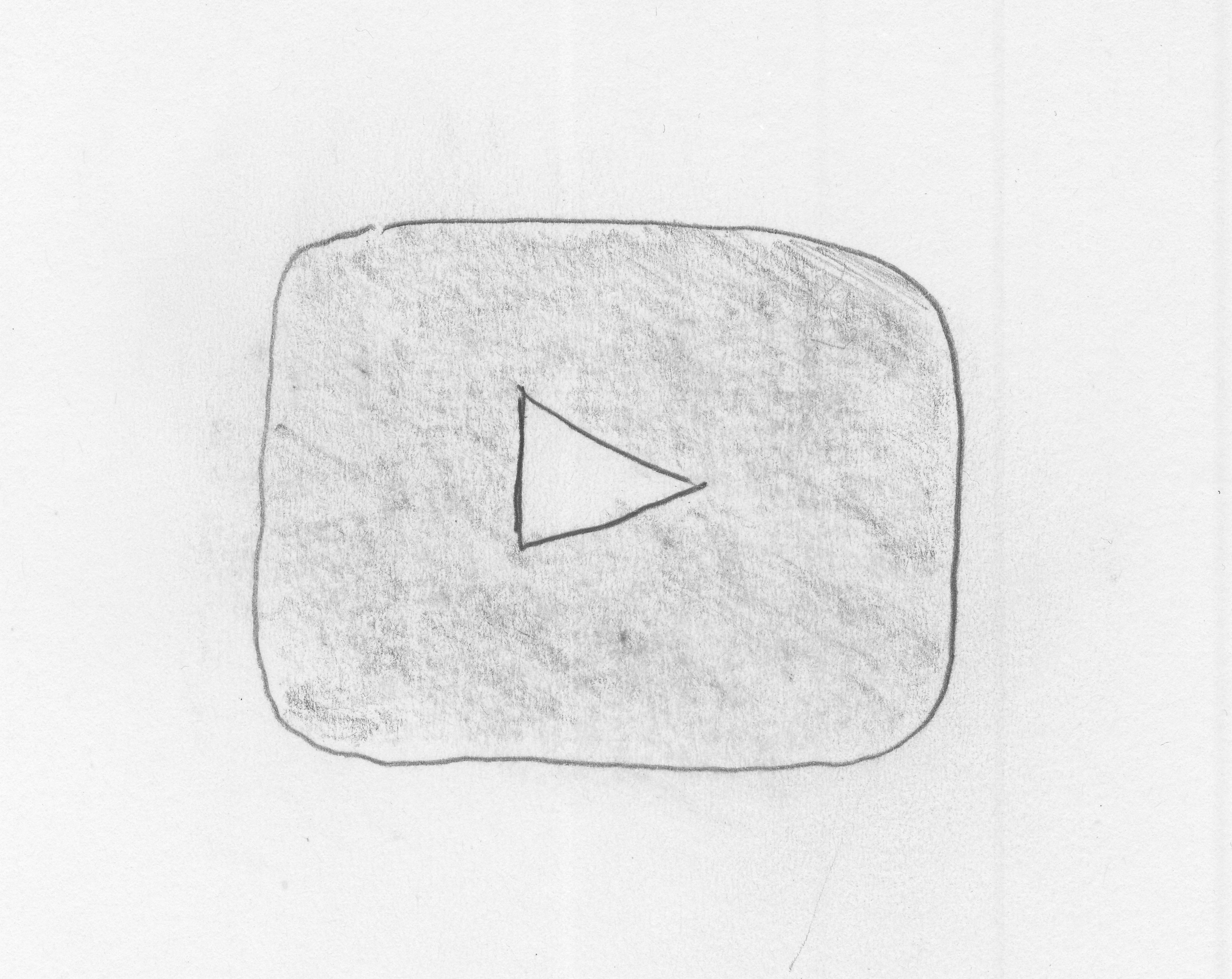 When I released I’ll tell you later in 2015 it resonated with listeners to a degree that surprised me. The initial run of 100 copies sold out, so I printed some more. Quite a few of those have sold too. When you make music that is so personal, drawing on memory and context that really only you suspect you can understand, the feeling is that probably you’ll just chalk it up as a thing you did and then quietly move on to the next thing. Which will doubtless be more user-friendly and thus make more of a noise for itself. But ITYL found very receptive listeners, and I actually had feedback from several to tell me what the music had meant for them. This was inexpressibly rewarding.
When I released I’ll tell you later in 2015 it resonated with listeners to a degree that surprised me. The initial run of 100 copies sold out, so I printed some more. Quite a few of those have sold too. When you make music that is so personal, drawing on memory and context that really only you suspect you can understand, the feeling is that probably you’ll just chalk it up as a thing you did and then quietly move on to the next thing. Which will doubtless be more user-friendly and thus make more of a noise for itself. But ITYL found very receptive listeners, and I actually had feedback from several to tell me what the music had meant for them. This was inexpressibly rewarding.
I was never trying to be evangelical with that project; I’m not actually able to be. Faith is so personal and so much a matter for the individual that I can never ever feel disposed to try to persuade anyone else of its merits. I don’t actually want to. But the music that motivated I’ll tell you later means an enormous amount to me because of my very early experience of it, and because to a significant degree it was instrumental in shaping my musical thinking. I don’t know exactly what it was about ITYL that so moved other people, whether it had to do with the church business or was in fact something else, perhaps a meditative quality or – well, I really don’t know. But people told me the music helped them, and this was just about the best thing I could ever hope to hear about anything I’ve done. When you find a place to share with art, important things can happen. There is a feeling of exchange – I think that’s what it is. I was gratified to think that I had facilitated such a thing.
Time went by and a couple of people suggested that a companion album might be made featuring Christmas music. The words ‘Christmas album’ strike fear in my heart; they are a kind of shorthand for ‘where careers go to die’. So initially I was very dubious about the idea, or, in other words, opposed to it. But then I thought about all the magnificent Christmas music that would usually not stand a snowball’s of getting onto a Christmas album, and I began to reconsider.
So on Wednesday I went back to Pughouse Studios, where ITYL was recorded, and spent some hours putting down improvisations relating to Christmas pieces that I had carefully selected and rehearsed. And the experience was moving, in a different way from that which generated ITYL, although obviously there is a relationship between the two projects and to a degree the process was continuous. Christmas, though, is at another level of feeling, and the music that goes with it is so special because it is only heard at that time in the calendar. Making a Christmas album in August is only practical necessity because we need time to manufacture and everything so it can be available before the end of the year. Playing ‘Nun komm der Heiden Heiland’ outside of Advent did feel a bit weird, but I got it done.
And the record will be out this December.
18/viii/2017
